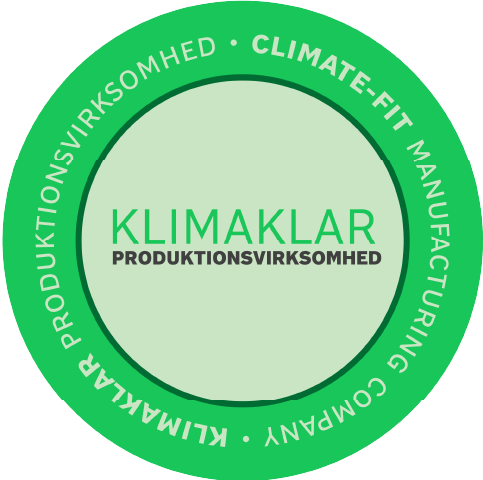We always keep a wide range of materials in stock, and our suppliers are carefully selected to live up to our high quality standards and the requirements we set. It is also possible for our customers to deliver their own raw materials to us for processing.
We handle virtually all types of metal in our processes and specialize in cast iron and stainless steel Duplexqualities. Below you can read more about some of the materials we primarily process.
SPECIAL COMPETENCIES
Rynkeby Maskinfabrik is recognized for its in-depth expertise in machining both duplex and super duplex steel types. These materials are known for their outstanding strength and exceptional corrosion resistance, which is essential in demanding industrial environments. With years of experience, Rynkeby Maskinfabrik has perfected techniques to process these advanced materials with great precision and the highest finish quality.
Our specialized knowledge of duplex and super duplex steels means we can offer customer-specific solutions that meet strict technical requirements. This includes everything from offshore equipment and components for use in the oil and gas industry to advanced systems in water treatment and marine technology.
SPECIAL COMPETENCIES
Rynkeby Maskinfabrik has many years of experience in machining both ordinary cast iron and stainless cast iron. The raw material is either delivered by the customer or disposed of by Rynkeby Maskinfabrik directly from foundries around the world. Molded in molds from the customer or in Rynkeby Maskinfabrik’s molds.
Machining cast iron is a niche in its own, where clamping techniques are crucial to avoid changing the shape of the materials. That’s why we’ve built up a large know-how in tensioning techniques and therefore manufactures own fixtures – either owned by us or the customer. Common is that we store the fixtures so we can quickly and easily initiate production, and most often, parts are also saved for the purpose of manufacturing spare parts.
Characteristics of the different materials we most commonly work with
Generally, the customer specifies the material, as they possess the knowledge of the product’s properties and function. At Rynkeby Maskinfabrik, we have extensive knowledge and experience with many types of materials and process most of them.
Below, you will find more information about the materials we most commonly work with.
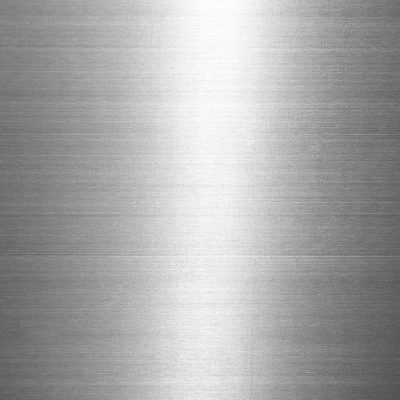
Stainless steel is a type of steel alloy that contains a high proportion of chromium, which gives it its characteristic resistance to corrosion.
Besides chromium, stainless steel can also contain other alloying elements such as nickel, manganese and molybdenum that further improve its mechanical properties and corrosion resistance. This type of steel is popular in a wide range of industries, including food processing, medical, chemical industry, construction and architecture, due to its durability, hygienic properties and aesthetic appeal.
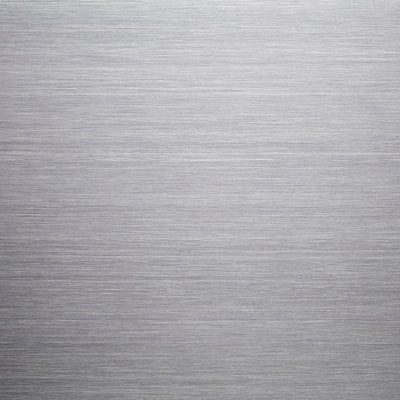
Duplex is a type of stainless steel consisting of a combination of ferritic and austenitic microstructure.
This gives the alloy a unique balance between strength and corrosion resistance. Duplex stainless steel has higher strength and better corrosion resistance than standard austenitic stainless steel, making it ideal for applications in demanding environments such as chemical processes, offshore and subsea-equipment, shipbuilding, oil and gas and gas industry and more. Duplex Stainless steel is also known for its good weldability and formability, which making it a versatile choice for a wide range of industrial applications.

Super Duplex is a type of stainless steel known for its exceptional mechanical properties and corrosion resistance.
This alloy consists primarily of a balance of ferritic and austenitic structure, giving it both high strength and excellent corrosion resistance, even in aggressive environments like seawater and the chemical industry. Super Duplex is a popular choice for applications that require both strength and corrosion resistance, such as offshore and subsea-equipment, shipbuilding, chemical processes, the oil and gas gas industry and more.
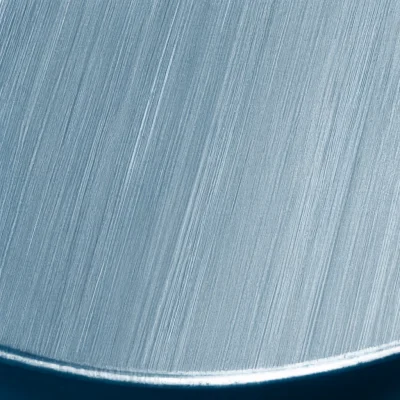
Hastelloy is a group of high-performance nickel-based alloys known for their excellent corrosion resistance, high temperature resistance and strength under various extreme conditions.
These alloys typically contain a combination of nickel, molybdenum, chromiumcobalt and other alloying elements, giving them their unique properties. Hastelloy-alloys are widely used in demanding industries such as chemical processing, petrochemical industry, power plants, marine applications and Aviation. Their ability to resist corrosion, oxidation, high temperatures and chemical attack makes them a reliable solution for applications where reliability and performance are essential.

Cast iron is a type of iron alloy that contains a high content of carbon and silicon, which gives itits characteristic strength and casting fluidity.
This material property makes cast iron ideal for Manufacturing complex and detailed molded components and parts. Cast iron comes in different shapes, including gray cast iron, nodular cast iron and white cast iron, each with its own unique properties and applications. It is widely used in industries such as automotive, machine manufacturing, construction, cookware and more due to its strength, durability and resistance to abrasion and corrosion. Cast iron is also known for its ability to absorb and retain heat, making it the popular choice for making kitchen utensils and fire chambers.

Stainless cast iron is a variant of cast iron alloy that contains a high content of carbon andsilicon and a significant amount of chromium and nickel.
This composition gives the cast iron strength and durability and the corrosion resistance of stainless steel. Stainless cast iron is used in a range of industrial applications where both strength and corrosion resistance are important, such as machine components, valves, pumps and tools for food processing. It is known for its ability to withstand corrosion, abrasion and high temperatures, making it a reliable choice in demanding environments.
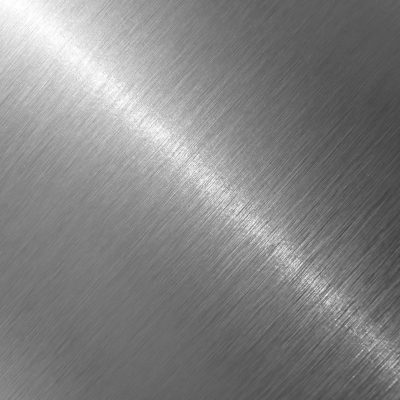
Plain steel, also known as carbon steel or low-alloy steel, is a type of steel consisting primarilyof iron and carbon, with smaller amounts of other alloying elements such as manganese, sulfur, phosphorus and silicon.
This steel has a wide range of applications due to its strength, durability and affordable price. Common steel is used in construction, vehicle manufacturing, shipbuilding, structural components, machine manufacturing and much more. It is known for its weldability, malleability and ability to be machined and shaped as needed. Plain steel is available in different shapes, including sheets, rods, tubes and profiles, and it plays a key role in many industriesdue to its versatility and reliability.

Aluminum is a lightweight, durable and versatile metal known for its wide range of applications across industries. It is the third most common element in the Earth’s crust and is easy to extract and process.
Aluminum has excellent corrosion resistance, making it ideal for outdoor use applications and maritime environments. It is also a good conductor of heat and electricity, making it suitable for applications in the electronics and construction industries. Aluminum is found in a variety of forms including sheets, rods, bars, profiles and foils, and is used in everything from aircraft construction and automotive manufacturing to packaging, construction and even in medical devices. With its lightweight design, durability and ease of maintenance, aluminum is a popular and reliable solution for a wide rangeof applications.
Rynkebyvej 238
5350 Rynkeby
